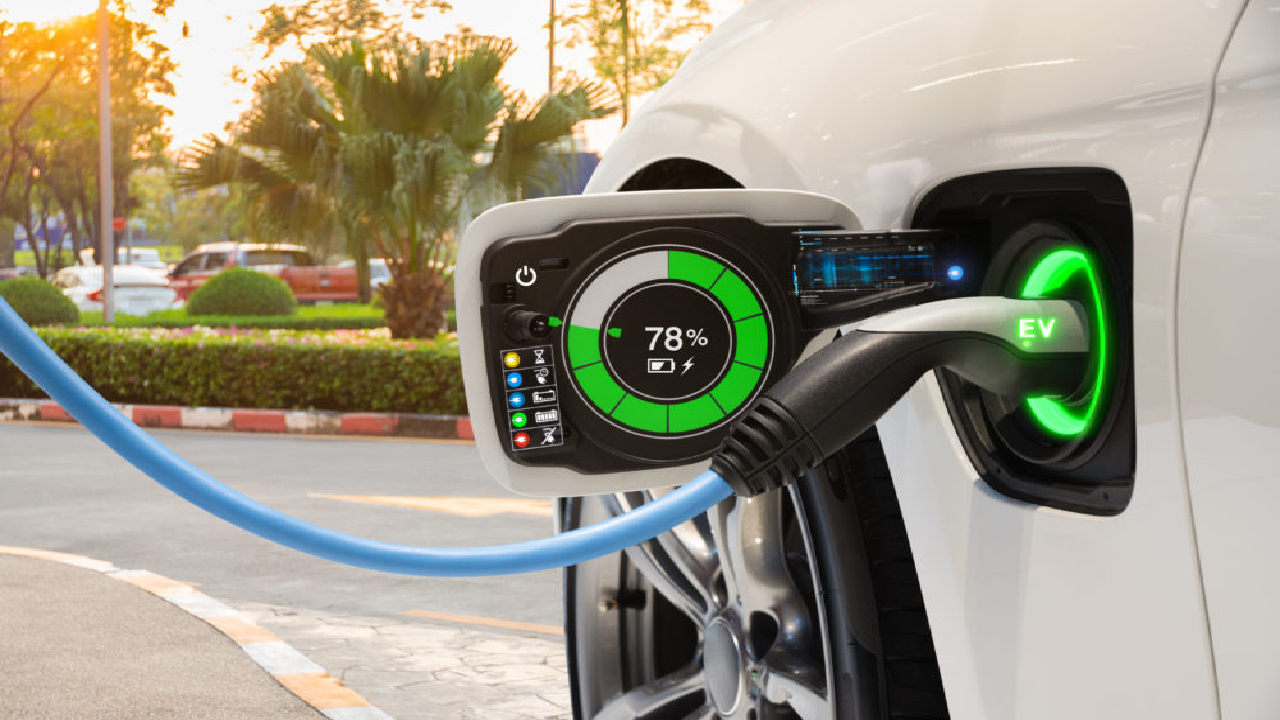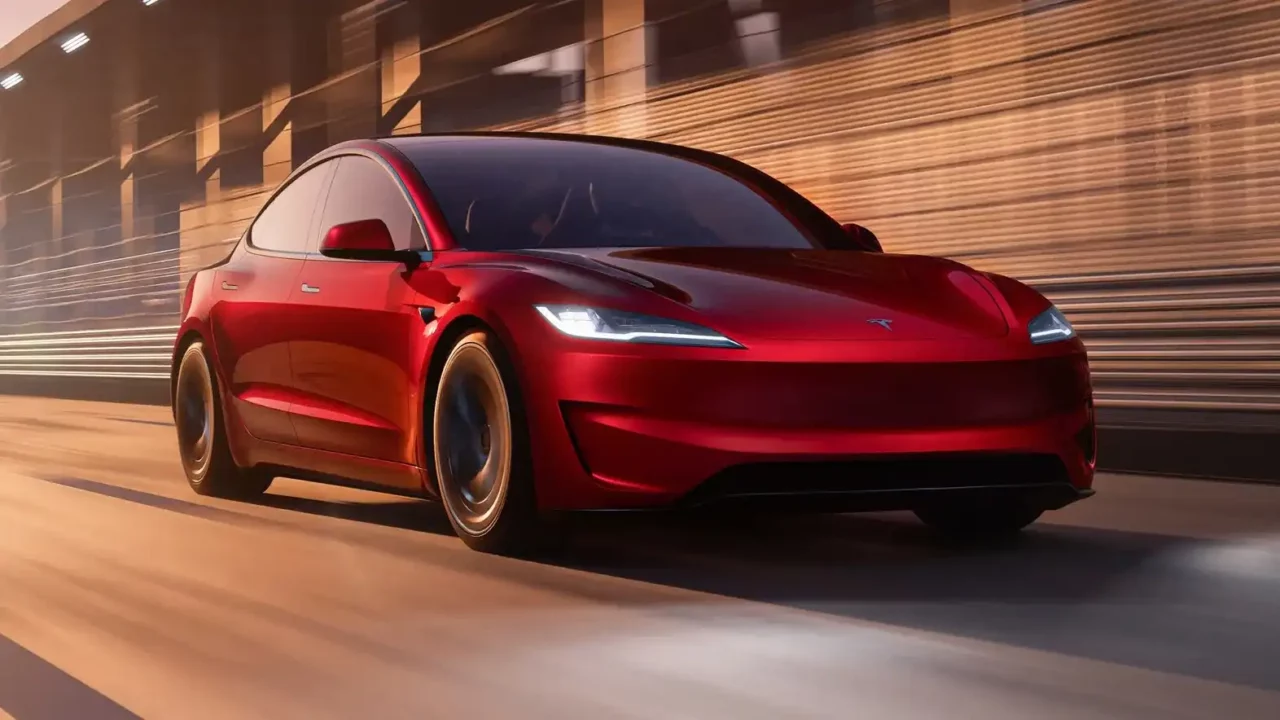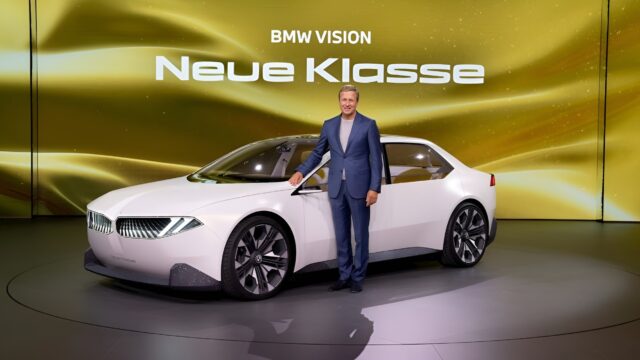Electric vehicles are a technology that has become rapidly widespread in recent years. While at first glance they may seem less impactful on the environment than gasoline-powered vehicles, the facts about electric vehicle emissions are more complex. Electric vehicles, which are criticized for producing more emissions in their production processes, quickly compensate for this difference during use.
Emission impact of electric vehicle production
The production of electric vehicles produces more emissions than gasoline vehicles, especially due to the production process of their batteries. According to the 2023 Polestar and Rivian Pathway Report, the production of an average electric vehicle produces emissions equivalent to 14 tons of carbon dioxide, while this figure is 10 tons for gasoline vehicles. This difference shows that it produces 40% more emissions during the production phase.

However, this may change as battery technologies improve and dependence on rare earth elements decreases. Argonne National Laboratory’s GREET model states that electric vehicle production produces 80% more greenhouse gases than gasoline vehicles. So, when they come off the production line, electric vehicles start with a higher “carbon debt” than gasoline vehicles.
Advantages of electric vehicles in terms of usage time
Fortunately, electric vehicles compensate for this carbon debt in a short time. It generally takes less than two years for an electric vehicle to reach emissions parity with a gasoline vehicle, although this varies depending on the energy source used.


For example, even on the NYLI eGrid, one of the dirtiest energy grids in the US, it takes only 1.9 years for electric vehicles to reach emissions parity. In CAMX eGrid, one of the cleanest networks, this period is only 1.4 years.
Many people charge their electric vehicles entirely with clean energy, using solar panels and home batteries at home. This allows them to compensate for the emission difference much faster.
Environmental and health effects
Rare earth elements used in electric vehicle production may cause some environmental and health problems. Mining of these elements can cause health problems such as eye and skin irritation and can be associated with human rights violations. However, new technologies are being developed that reduce the dependence on rare earth elements in batteries.


In addition to reducing emissions associated with electric vehicle production, battery recycling programs also enable the reuse of rare earth elements. These developments further reduce the environmental impact of electric vehicles.
Although more emissions are produced in the production of electric vehicles, they quickly compensate for this difference over their lifetime. On average, an electric vehicle used for 15 years produces 30 grams of carbon dioxide emissions per kilometer, while gasoline vehicles produce 80 grams.
It is clear that electric vehicle emissions are much lower than gasoline vehicles and are a better option for the environment. Criticisms about the environmental impacts of electric vehicles are largely based on misunderstandings when evaluated in the light of these facts.

